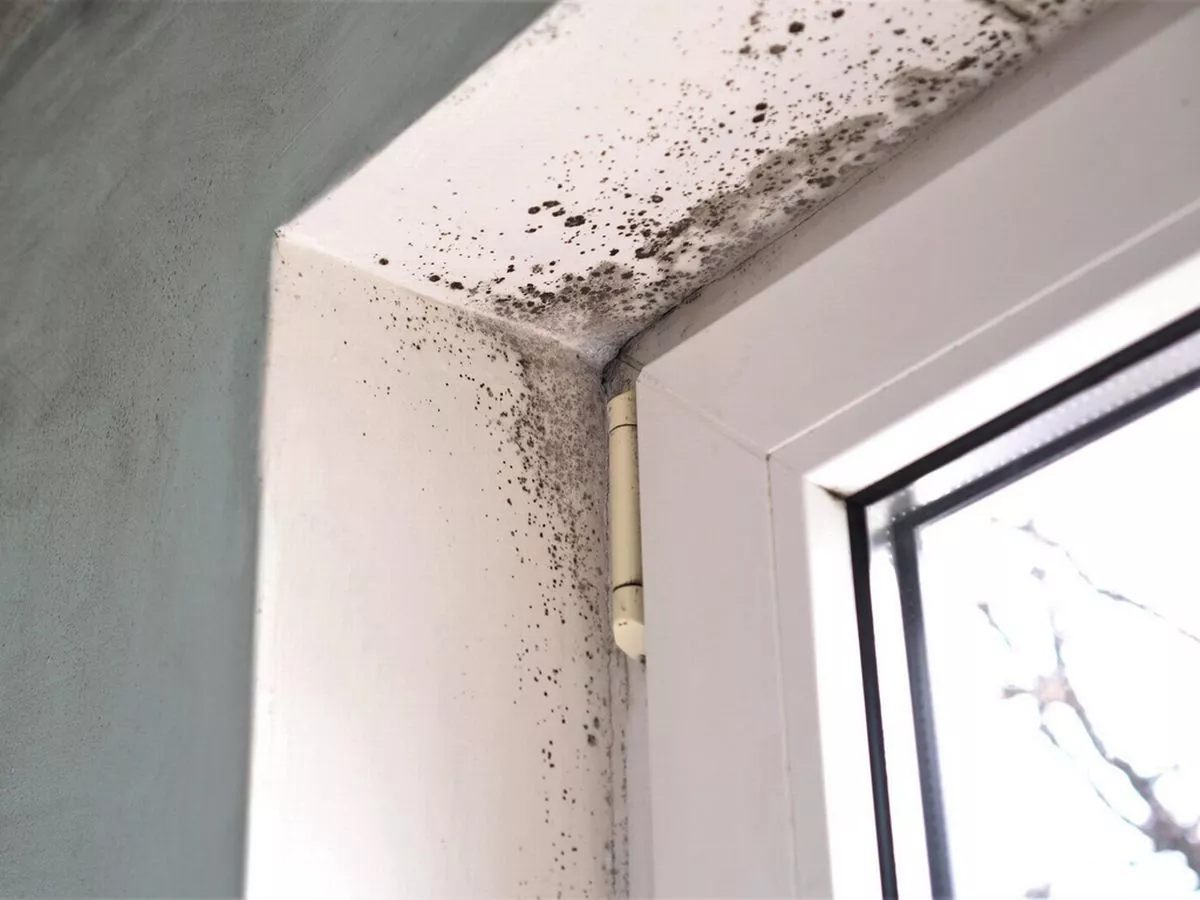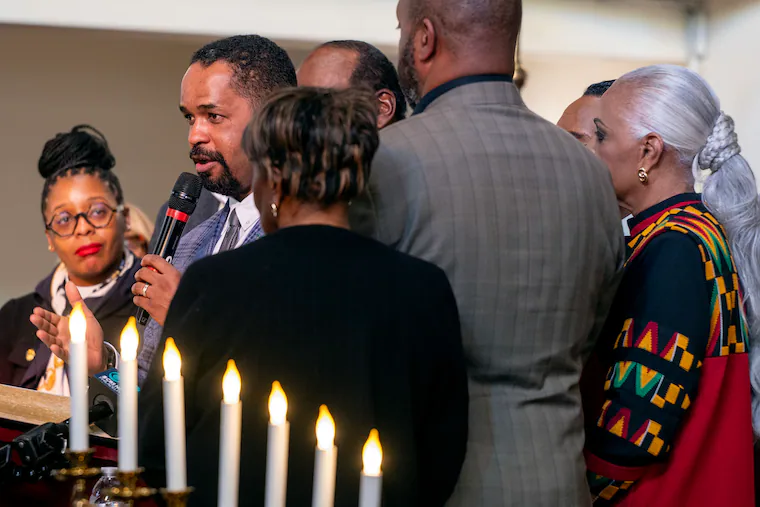Copyright nltimes

Following the parliamentary elections, CNV is calling for a quick Cabinet formation and a “stable government.” The union says this is essential “to address societal unrest and restore strength, health, and prosperity to the Netherlands.” CNV chairman Piet Fortuin says the next government must “act decisively” on pressing issues that have “held the country back for years,” including the labor market, housing, migration, nitrogen emissions, and social security. “Public trust in politics is at a historic low. The Netherlands is tired of political maneuvering. Stability is essential to rebuild confidence,” Fortuin stated. He also highlighted a non-negotiable issue for the union: “any dismantling of social security,” including cuts to unemployment benefits. After the exit poll results, FNV interim chairman Dick Koerselman expressed concern over social security and public services. “We hope this result marks the end of the scapegoating politics of the past years. Still, we are concerned. The parties likely to hold a majority plan to cut social security and significantly reduce public services.” FNV interim chairman Koerselman stated that the union “will not support” proposed cuts to public services, healthcare, education, or social benefits like WW and WIA. “Campaigns and debates offered few concrete solutions for the challenges our members face. Unemployment benefits are earned jointly by workers and employers and should not be cut; the same goes for WIA (the disability insurance scheme for workers unable to work due to illness). The Netherlands has sufficient funds, and we expect parties to make fair tax decisions, placing the heaviest burden on those most able to pay,” he said. Koerselman emphasized that the next government must invest adequately in public services, healthcare, and education. “A livable minimum wage for all, from young to old, is part of this, which includes preserving the connection between the minimum wage and the state pension (AOW),” he stated. The union expects the government to stick to prior agreements. “The labor market reforms and pension deal must be carried out as planned, so the AOW retirement age will not rise any faster,” the interim chairman stated. Oxfam Novib sees the exit poll results as mixed, describing them as a “victory for the center” and a “defeat for the far right.” The organization also anticipates a complicated coalition formation. “The priority now must be to leave behind chaos, scapegoating politics, and the neglect of the genocide over the past two years,” said director Michiel Servaes. Servaes emphasized that “the challenges are huge, so a strong focus on human rights, climate, and international cooperation is essential.” He stated that Oxfam will hold the new government accountable on these fronts. Reinier Castelein, chairman of the union De Unie, called the selection of coalition partners a “critical decision for the finances of middle-income earners.” He added that D66 now holds the future of this group in its hands. Castelein noted, “Traditionally, political struggles have been about right versus left, liberal versus conservative. This time, it’s a choice between freedom and restriction. The decisions made now will impact people’s ability to live freely. Will Jetten support a thriving middle class with lower taxes and financial autonomy, or opt for restrictive policies that heavily burden citizens?” He points to key financial decisions ahead, including mortgage interest deductions, energy taxes, limits on pension accumulation, and taxes on savings. Bouwend Nederland interprets the preliminary election results as a call from the Dutch for a new approach. The construction industry association notes that the campaigns made clear the housing shortage is a pressing issue. "Time and again in debates, it was evident: without sufficient housing, a dependable energy grid, and solid infrastructure, the Netherlands risks grinding to a halt." The umbrella organization says the construction and infrastructure sectors are prepared to address these significant challenges. It calls on a new Cabinet to make decisive moves. "Endless political formation is a luxury we cannot afford. Governance must begin. The construction and infrastructure sector wants to focus on its core work: building. Achieving this requires political stability and clear decision-making." Bouwend Nederland is looking forward to an action plan that includes substantial investments in infrastructure, streamlined and faster housing development, and a resolution to the nitrogen issue. Ger Koopmans, chairman of the Dutch Farmers and Horticulture Organization (LTO), says the agricultural sector is eager for a stable coalition that provides both stability and a long-term perspective, in response to the preliminary parliamentary election results. The agriculture and horticulture sector is confronted with pressing issues that the advocacy organization says require immediate attention. "Key matters such as targeted policies, resolving the nitrogen bottleneck, approving green crop protection products, and advancing animal welfare cannot be delayed. PAS reporters and other critical cases can no longer wait. We urge political parties to swiftly establish a new Cabinet." MIND, the mental health advocacy group, warns that a drawn-out Cabinet formation is a risk with D66 and PVV emerging as the largest parties. “We cannot afford a prolonged formation process,” said director Dienke Bos. “A caretaker government does not resolve anything.” According to MIND, more than 90,000 individuals with mental health issues are waiting for assistance beyond the maximum allowed waiting period. The organization also notes a high number of burnouts among healthcare staff and highlights that suicide is the top cause of death for young people. MIND welcomes the strong support for D66, interpreting it as a signal that voters are seeking solutions to the mental health crisis. The organization urges political parties to swiftly form a coalition and establish a government agenda that places mental health care and well-being at the forefront. Following the parliamentary election exit poll, the Armoedefonds Foundation notes a significant change in the political landscape. Director Henk de Graaf emphasizes that it is time to implement policies that truly improve the lives of those living in poverty. De Graaf urges political parties to dedicate resources to preventing and addressing poverty.



